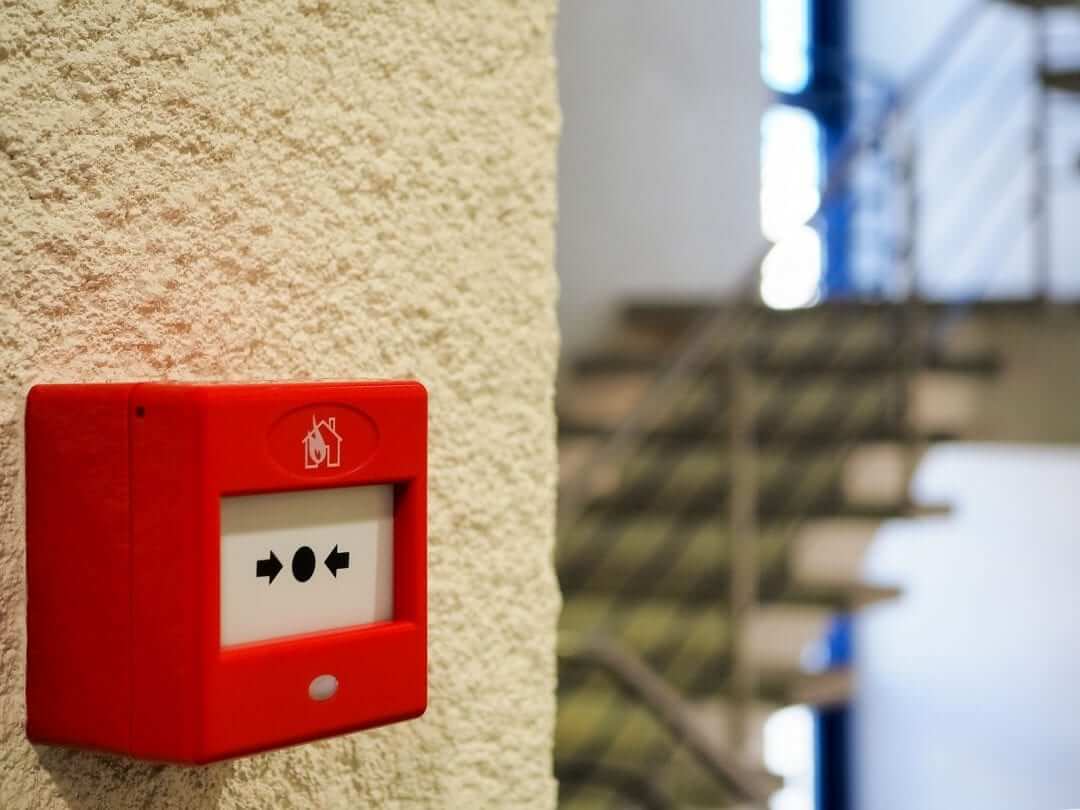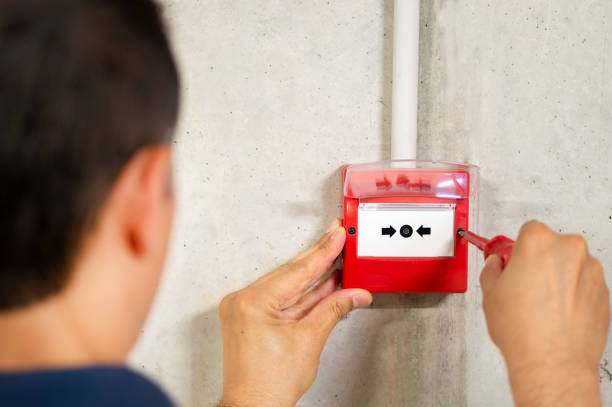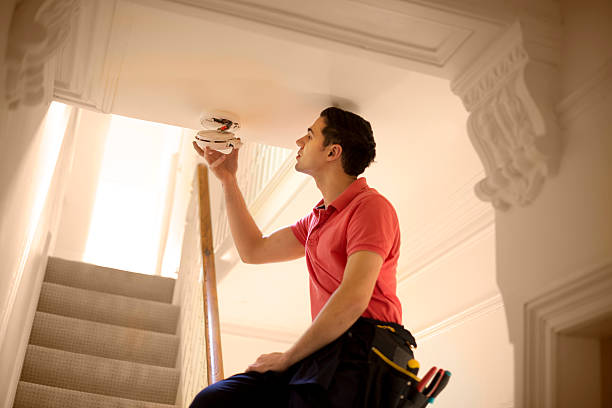commercial fire alarm bell
Yes, fire alarms are a legal requirement in many jurisdictions. Residential, commercial, and public buildings must adhere to fire safety laws that mandate the installation of fire alarm systems. These laws exist to protect lives, minimize property damage, and provide early warnings in case of a fire emergency.
Many fire stations offer smoke alarm replacement services, particularly for elderly, disabled, or low-income residents. Some fire departments provide free smoke alarms and will install them as part of fire safety outreach programs. Occupants – Individuals who need to respond to fire alarms However, not all fire stations offer this service, so it is advisable to check with the local fire department.



